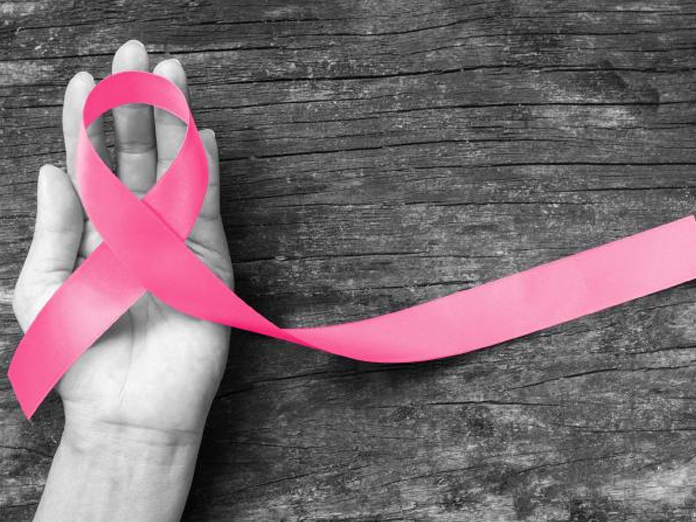Woman's biologic age linked to breast cancer

According to a new study, biologic age, a DNAbased estimate of a persons age, is linked with the development of breast cancer The results of the study were published in the Journal of the National Cancer Institute Biologic age was determined by measuring DNA methylation, a chemical modification to DNA that is a part of the normal aging process
Washington: According to a new study, biologic age, a DNA-based estimate of a person’s age, is linked with the development of breast cancer. The results of the study were published in the Journal of the National Cancer Institute. Biologic age was determined by measuring DNA methylation, a chemical modification to DNA that is a part of the normal aging process.
The study showed for every five years a woman's biologic age was older than her chronologic or actual age, known as age acceleration, and she had a 15 per cent increase in her chance of developing breast cancer.
Scientists from the National Institute of Environmental Health Sciences (NIEHS), part of National Institute of Health, speculated that biologic age may be tied to environmental exposures. If so, it may be a useful indicator of disease risk. They used three different measures, called epigenetic clocks, to estimate biologic age. These clocks measure methylation found at specific locations in DNA. Researchers used these clocks to estimate biologic age, which can then be compared to chronologic age.
The researchers used DNA from blood samples provided by women enrolled in the NIEHS-led Sister Study, a group of more than 50,000 women in the U.S. and Puerto Rico. The study was specifically designed to identify environmental and genetic risk factors for breast cancer. The research team measured methylation in a subset of 2,764 women, all of whom were cancer-free at the time of blood collection.
"We found that if your biologic age is older than your chronologic age, your breast cancer risk is increased. The converse was also true. If your biologic age is younger than your chronologic age, you may have decreased risk of developing breast cancer. However, we don't yet know how exposures and lifestyle factors may affect biologic age or whether this process can be reversed,” said corresponding author Jack Taylor.
Lead author Jacob Kresovich had read studies that used epigenetic clocks to predict age-related mortality. Since age is the leading risk factor for breast cancer, he hypothesized that age acceleration may be associated with higher breast cancer risk.
"If you look at a group of people who are all the same age, some may be perfectly healthy while others are not. That variability in health may be better captured by biologic age than chronologic age,” said Kresovich.
Kresovich suggested that using DNA methylation to measure biologic age may help scientists better understand who is at risk for developing cancer and other age-related diseases.

















